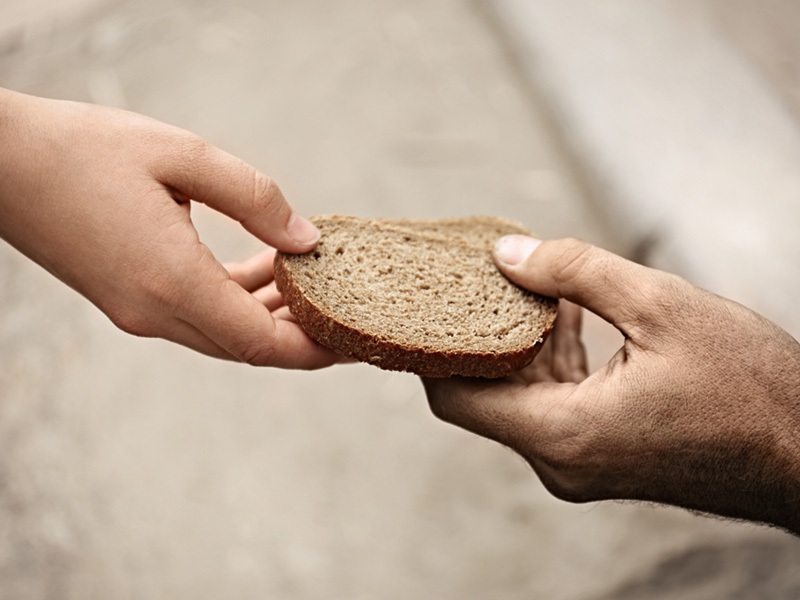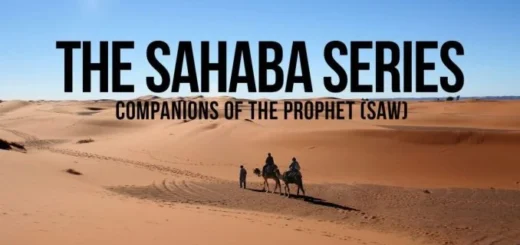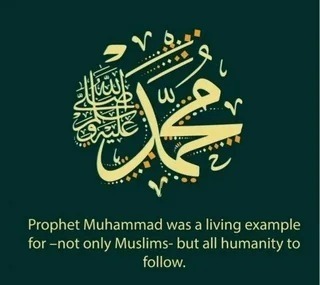In a world where acts of charity are widely celebrated as expressions of human kindness, Islam introduces a unique and structured concept of obligatory giving called Zakah. For those unfamiliar with Islamic teachings, Zakah might initially resemble voluntary charity or even practices like tithing in other faiths, but it holds a distinct spiritual, moral, and social significance. This article explores the essence of Zakah, how it differs from general charity and religious practices like tithing, and how it operates as a transformative force in Muslim communities.
What Is Zakah?
Zakah (also spelled Zakat) is one of the Five Pillars of Islam, the foundational practices that define a Muslim’s faith and duties. The term itself derives from an Arabic root meaning “to purify” or “to grow.” In practice, Zakah is an annual obligation for Muslims who meet specific wealth thresholds to donate a fixed portion of their assets to those in need. Unlike voluntary charity, which is encouraged but not mandated, Zakah is a religious duty, a form of worship tied directly to economic justice.
At its core, Zakah is about balance. It reflects the Islamic belief that wealth is a trust from God, and those who possess it have a responsibility to share it with others. By redistributing resources, Zakah aims to reduce inequality, alleviate poverty, and foster solidarity within society. It is both a spiritual act (purifying one’s wealth and soul) and a social contract (ensuring no member of the community is left behind).
How Does Zakah Differ from Charity and Tithing?
To understand this, it’s essential to distinguish Zakah not only from the broader concept of charity but also from practices like tithing, which exist in other religious traditions.
In Islam, voluntary charity is called Sadaqah, a term that encompasses any act of generosity, whether monetary, physical, or even a kind word. Sadaqah is highly praised but left to individual discretion. Zakah, however, is compulsory for Muslims who meet specific criteria of wealth. Neglecting it is considered a breach of faith, while Sadaqah is entirely voluntary and can be given at any time, in any amount.
Zakah also requires donors to calculate 2.5% of their eligible wealth annually, including savings, investments, gold, and agricultural produce, minus debts and basic living expenses. Charity has no fixed amount, it’s given freely, without formulas. Furthermore, Zakah funds can only be distributed to eight categories of recipients outlined in the Quran, such as the poor, the indebted, and travelers in need. Charity, by contrast, can be given to anyone, including non-Muslims, and for diverse causes like building schools or feeding animals.
Tithing, a practice common in Christianity, involves giving a portion of one’s income (often 10%) to support the church or religious institution. While tithing and Zakah both emphasize giving as a spiritual duty, they differ fundamentally in purpose and structure.
First, Zakah is wealth-based, not income-based. It applies to accumulated assets (savings, investments, etc.) that exceed a minimum threshold (Nisab) for a full lunar year, whereas tithing typically applies to earnings or harvests. For example, the wealth must be in your possession for an entire lunar year. For example, if you get a bonus of $5,000 and immediately use it toward your rent or mortgage, then it does not qualify for Zakah because it did not sit in your account for an entire lunar year. Whereas, with tithing, you would owe 10% from every payment you get. Second, Zakah funds cannot be used for religious institutions, such as mosques or Islamic schools. The Quran explicitly designates Zakah for eight categories of recipients—all focused on human welfare, such as relieving poverty, freeing enslaved people, or assisting travelers. Mosques, by contrast, are funded through voluntary donations (Sadaqah), not Zakah. Tithing, however, often directly supports churches, clergy, or religious programs.
Finally, Zakah is framed as a right of the needy, not merely a donation. Islamic teachings emphasize that wealth belongs to God, and those in need have a divinely ordained claim to a portion of it. Tithing, while morally significant, is more often viewed as a gesture of gratitude to God through support of religious work.
How Zakah Works: A System of Fairness
Zakah is not a haphazard act of goodwill but a meticulously designed system. Here’s how it functions in practice:
Not every Muslim must pay Zakah. Only those whose wealth exceeds the Nisab, a minimum threshold equivalent to the value of 85 grams of gold or 595 grams of silver. For example, if the Nisab is set at 5,000 and an individual has 6,000 in savings (with no outstanding debts), they would calculate 2.5% of 6,000, resulting in a Zakah payment of 150. This structured approach ensures that only those with financial stability contribute, preventing undue hardship on the donor.
The Quran specifies that Zakah must be directed toward eight groups of recipients, all focused on human welfare. These include the poor (those who cannot meet basic needs), the needy (those slightly better off than the poor but still struggling), administrators tasked with collecting and distributing Zakah, new converts facing hardship, enslaved people seeking freedom (a category that no longer exists today), those burdened by debt incurred for essential needs, travelers stranded without resources, and individuals working in “the cause of God,” which some scholars interpret to be projects defending the rights of Muslim communities. Additionally, Zakah cannot be diverted to infrastructure projects, religious institutions like mosques, or administrative costs beyond fair compensation for those managing its distribution.
Zakah is typically collected locally, often through mosques, Islamic organizations, or direct giving. In some Muslim-majority countries, governments manage Zakah funds, using them for public welfare programs. Globally, nonprofits channel Zakah to crisis zones, orphanages, and medical clinics. The impact is profound. By mandating wealth redistribution, Zakat prevents hoarding and keeps money circulating within the economy. It also fosters empathy, donors connect directly with the struggles of others, breaking down class barriers. For recipients, it restores dignity; they receive support not as “handouts” but as a rightful share.
Why Zakah Matters Beyond Religion
While rooted in Islamic theology, Zakah offers universal lessons. In an era of growing wealth inequality, its principles—systemic redistribution, accountability, and prioritizing the marginalized—resonate with secular efforts to combat poverty. Unlike temporary aid, Zakah creates a perpetual cycle of support, ensuring every generation contributes to lifting others.
Moreover, Zakah challenges the notion of charity as a sporadic “feel-good” act. By making giving obligatory, it institutionalizes compassion, ensuring help reaches those in need even when individual generosity wanes. This reliability is critical in building resilient communities.
Zakah is more than a financial transaction; it is a philosophy of shared responsibility. By obligating those with means to give, Islam creates a society where compassion is not left to chance but embedded in the rhythm of life. Unlike tithing, which often supports religious institutions, Zakah’s mandate is clear: it is a right of the marginalized, designed to uplift individuals and communities through direct, structured aid. For non-Muslims, understanding Zakah offers insight into how faith can drive social change, not through vague ideals, but through actionable, equitable systems. In a world grappling with disparity, Zakah’s message is timeless: true prosperity lies not in what we keep, but in what we give. Have more questions? Call 877-WhyIslam, you deserve to know!













